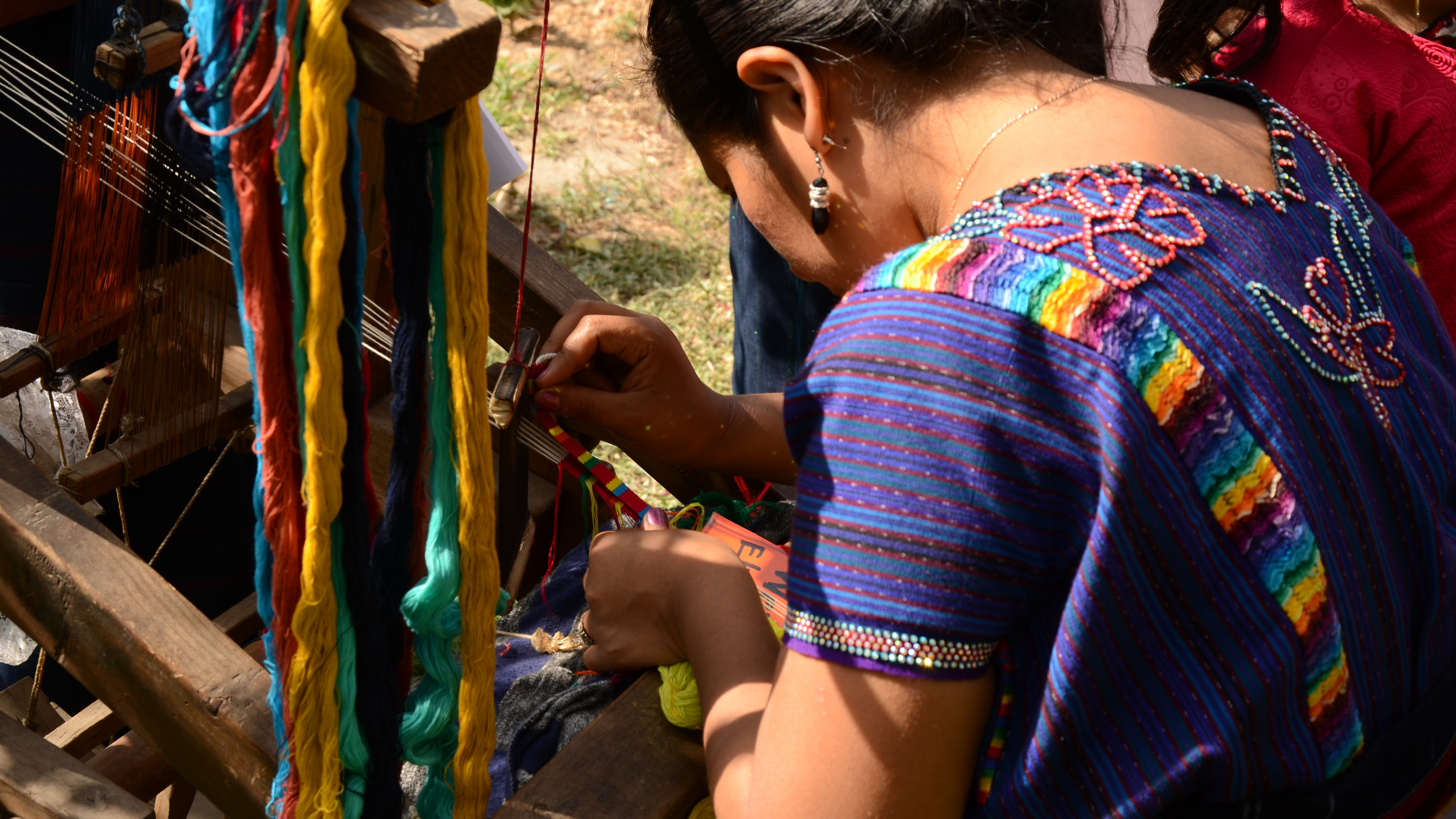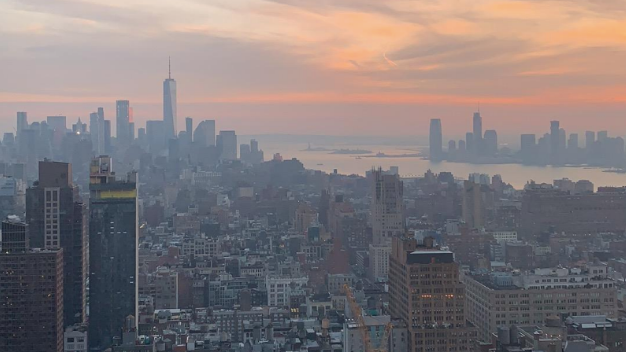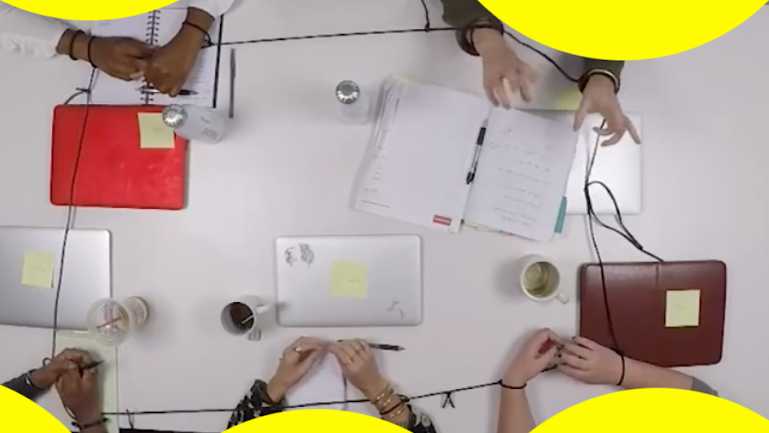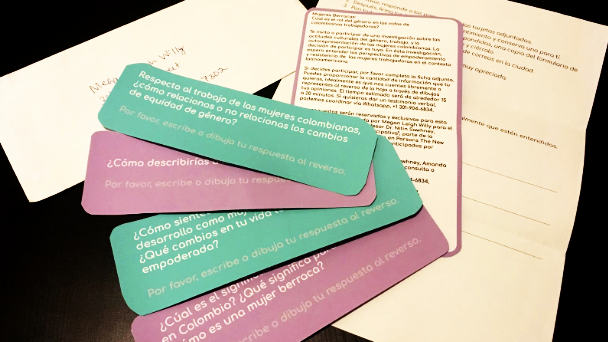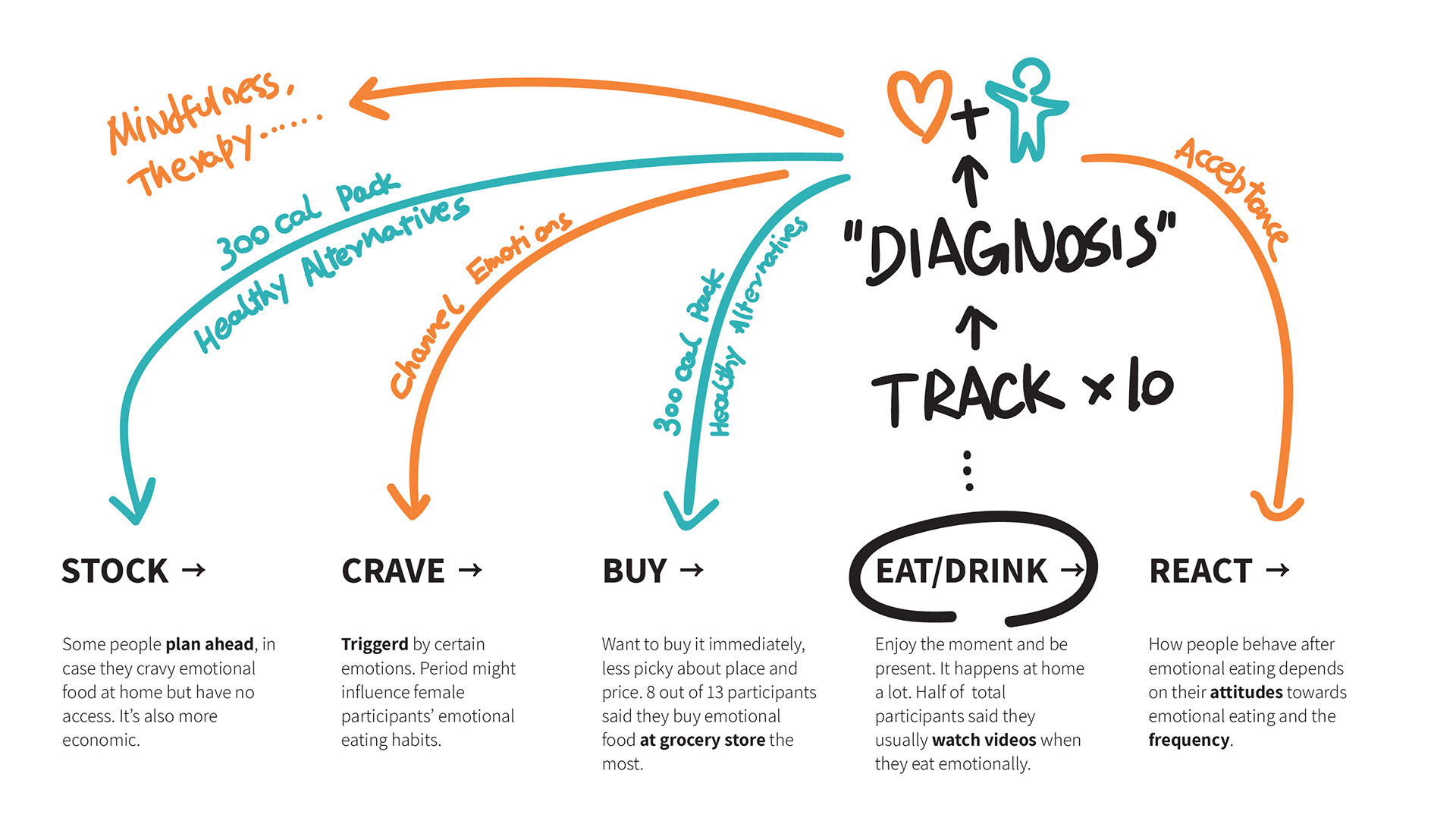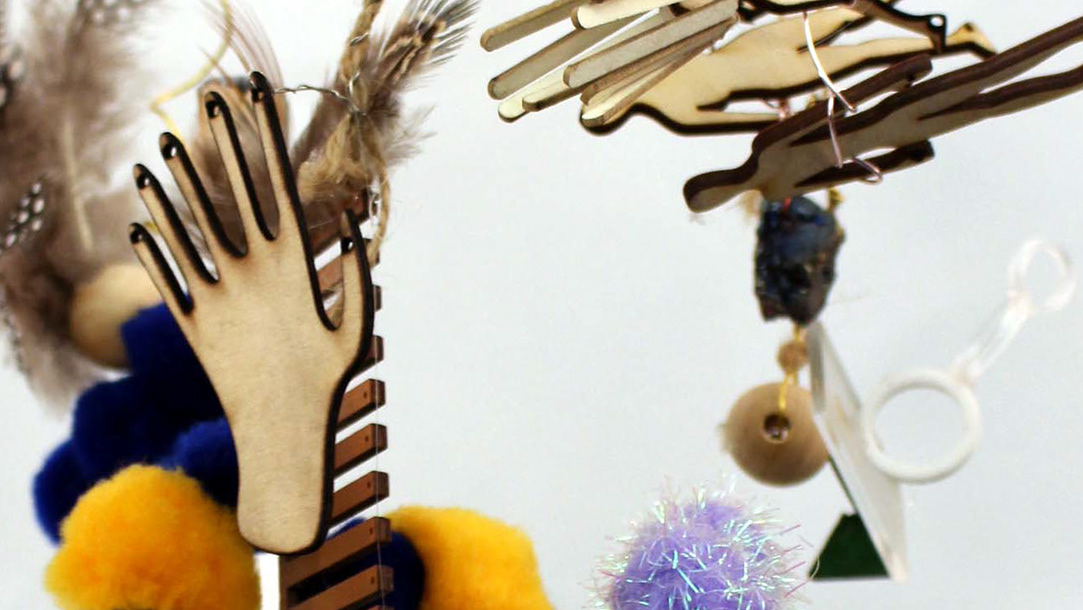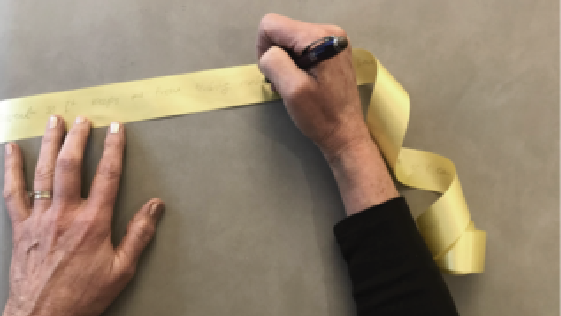Roles: Project Manager, Lead Designer, Workshop Facilitator, Interviewer, and Participant Observer.
Collaboration with: Elena Teare, Paolo Gaglianò, and Daniela Ochoa
My role involved relationship building with key stakeholders, interviews with coffee producers, facilitating focus groups to understand local agricultural challenges, and designing comprehensive surveys to analyze agricultural productivity and economic sustainability. I also held the position of "Project Manager" and "Lead Designer" in this project, meaning I kept our team of 4 on task, communicated with leadership at the cooperative, and was accountable for the impact we made in the communities.
I collaborated closely with coffee producers to collect and analyze primary data sources, including local agricultural production metrics and economic indicators.
By synthesizing research findings from multiple sources—including interviews, focus group discussions, and secondary data from agricultural databases—I helped Coocentral develop strategic insights into coffee production strategies and cooperative management.
This work required meticulous attention to detail, strong cross-cultural communication skills, and the ability to translate complex research data into actionable recommendations for the cooperative's leadership.
Synopsis
Sustainable Harvest, a coffee importer in Portland, and a new producer, Coocentral, a cooperative of about 4,000 farmers in Huila, Colombia were our clients. They wanted to establish a relationship with the cooperative, especially with women in an existing empowerment program.
I designed and facilitated a series of 6 workshops with 3 different communities of 20-30 women. We creatively and collectively identified and discussed how they would like to be represented to coffee consumers worldwide. Utilizing Speculative Futures tools, we imagined possible futures of the land they worked on which is rapidly losing it’s bounty because of climate change and government hydroelectric power initiatives. Ultimately, we collectively demanded that they have more voice in their communities and at work.
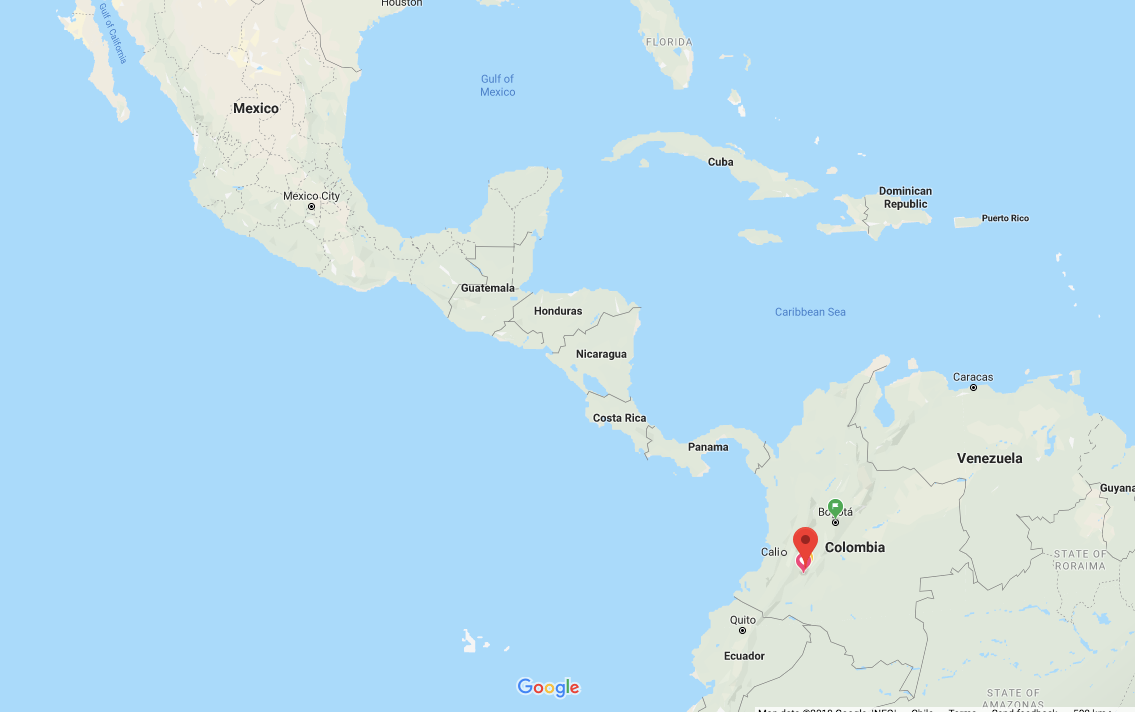
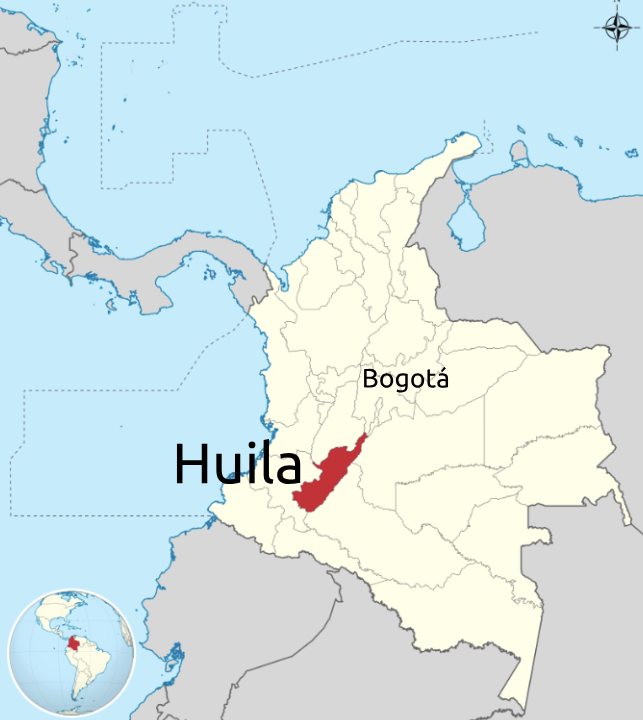
Colombia and location of the Department of Huila in relation to Bogotá
Huila, Colombia
The department of Huila is a rural farming region southwest of the capital Bogota. The region exports the most quantity of coffee from the country but as it is situated between two mountain ranges and very difficult to travel to, it not as well known for agro-tourism as the Eje Cafetero region which is in the department of Cauca.
The people from Huila are called "opitas".
Background
This project is entitled “Opitas del Futuro” or people from Huila of the future. Sustainable Harvest, a coffee importer in Portland, and a new producer, Coocentral, a cooperative of about 4,000 farmers in Huila, Colombia were our clients. They wanted to establish a relationship with the cooperative, especially with women in an existing empowerment program.
The importer wanted them to take photos for social media in order to sell more coffee in the US.
In the three months leading up to our trip, I did virtual research in a project Mujeres Berracas which lead to insights about how Colombian women viewed themselves in the greater context of Colombian culture and how they might self-identify.
After contextualizing the situation from afar, I traveled with my three teammates to Bogotá and spent a week learning more about the agricultural aspects of the country. We attended meetings with the Federación Nacional de Cafeteros where we met with the Director of Gender Equity and learned about the efforts of the federation in the production of women's coffee in various parts of the country.
Primary Research In Bogotá
We also met with industrial designer Andrés Sicard from the Universidad Nacional de Colombia. He shared his work in other empowerment projects with rural indigenous communities in the north of the country and his participatory approach to the design process. With Ximena Rueda at the Universidad Los Andes, we learned more about the specific geography of Huila and other engagements with rural communities initiated by the university. We were introduced to Sustainable Harvest in a coffee tasting workshop that they gave us from the main office. We also went to the Universidad Javeriana to meet with the faculty of environmental and rural studies.

The New School International Field Program team: Paolo Gaglianò, MA of Graduate Program for International Affairs (GPIA); Elena Teare, MA of GPIA; Daniela Ochoa, BA in Global Studies
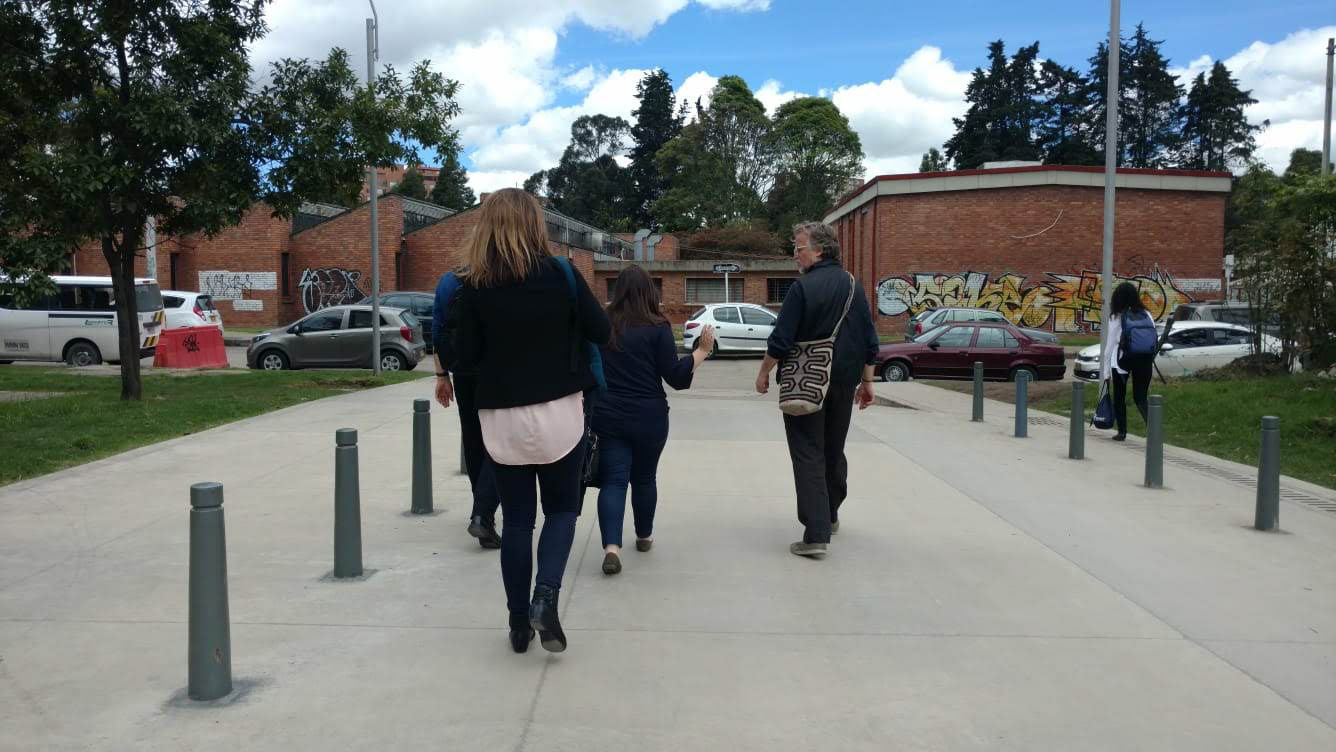
Touring the Universidad Nacional de Colombia campus with Andres Sicard.
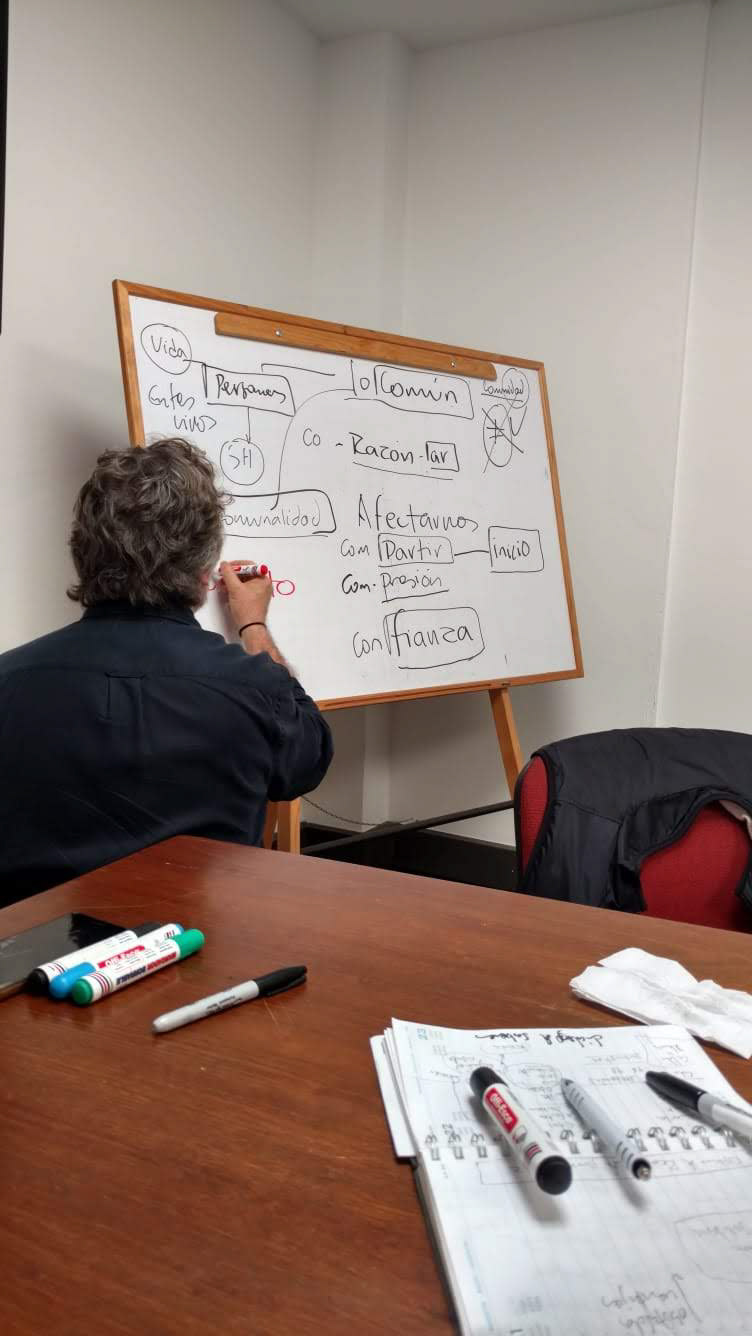
Andres Sicard's presentation about participatory practices used in Industrial Design.

A coffee shop in Bogotá.
Insights
1. Coffee culture has changed drastically over the past 50 years in terms of the modernization of equipment and attention to the environment. Despite this attention, global climate change is taking a toll on coffee agriculture and is only expected to get worse in the future.
2. There are women empowerment programs across the country and energy behind the idea that women should play a more visible role in the coffee culture. However, there is a deep history and culture of male chauvinism, violence towards women, and the expectation that women take a more domestic role in supporting the coffee farm.
3. The children of coffee farmers generally aspire to leave the rural landscape for work and education opportunities in larger cities like Bogotá, Medellin, and Cali.
Each of these insights speak to the unsustainability of the coffee industry and some of the challenges that coffee farmers are facing nationally.
Onwards to Huila
We then made our way to Huila. Upon our arrival, it became clear that the 300 women in the Strauss Incentive Program were given various training opportunities and incentives to produce coffee for the cooperative Coocentral. However, they were hardly participating in the “cooperative” company at all, only 1 out of 50 representatives in the board being female, and were generally treated inferior to their male counterparts.
Coffee cupping at the offices of Sustainable Harvest in Bogotá.
Design Workshops
Over the course of 15 workshops with 3 groups of women coffee farmers, we developed a project to cultivate free and productive expression with the associates of the Sustainable Harvest cooperative through their visions of the future. We creatively and collectively identified and discussed how they would like to be represented to coffee consumers worldwide. We imagined possible futures of the land they worked on which is rapidly losing it’s bounty because of climate change and government hydroelectric power initiatives. And, in the end, we collectively demanded that they have more voice in their communities.
To see a detailed description of each of the workshops and outcomes, visit Opitas Workshops.
Messages to Coocentral & Sustainable Harvest
We presented the work achieved to the president of the cooperative, the president of Sustainable Harvest, the Strauss Incentive Program representative, and the community of women in an exhibition "Visiones del Futuro". This in a sense was a celebration of the work, but also a demonstration of the complex and varied opinions and hopes of the women of the cooperative.
We made the following recommendations for the adjustment of the cooperative:
Current branding of "Café Mujeres" (Women's Coffee) from Coocentral, first thing on the package is the male founder.
Rebranding
The design of the coffee bag does not represent the complex and fascinating history of Coffee Women. Although it's a bag representing women's coffee, the first picture on it is a picture of a man.
The design needs to be more representative to attract international consumers. The packaging is an opportunity to share the stories and ideas of the women producing the coffee, directly from the communities that cultivate it.
Julieth Vargas visiting Parsons School of Design in New York, the first time a woman was given an international travel opportunity.
Women Ambassador Program
Similarly to men in the company, women should be given the opportunity to travel abroad and know the consumers of their product. They could better understand the international market of coffee, speak with consumers and retailers of their coffee, and thus be able to better orient the photos they share with the world about their coffee.
Along with this program, we propose English classes be given to the administration in the Coocentral office so they might better communicate with those from Sustainable Harvest and others that visit Huila for coffee events.
Town Hall in Gigante
Community Town Halls
In order to continue and develop the discussions with the different communities we worked with over the 6 weeks, we proposed monthly or bi-monthly town halls where the women of the cooperative could gather, discuss challenges and ideate ways that they might work together for the betterment of the coffee industry in the region.
"Visions of the future: Speculative forecasting for sustainable community action of the women coffee farmers of Coocentral"
Workshops realized between June 7 - July 6, 2018
Impact
By building empathy and real relationships with the women, I was able to:
1. Identify gaps in their existing empowerment program, such as coffee toasters that were given as an incentive, but couldn’t be used because of insufficient electricity on the farms and no instructions available in Spanish. By designing with the women, such uninformed interventions made by their US-based employer were made useful.
2. Yulieth Vargas Liberato came to NYC for a coffee conference in Fall, which was the first time a woman has ever been given the opportunity to travel with the support of Coocentral.
3. They implemented an English-learning program for office administrators, and, most importantly, community town halls continue as they work together to plan for the negative changes that are happening in their region.
4. Increase community engagement amongst the coffee farmers and unifying the women's empowerment initiative participants, mobilizing their efforts to combat climate changes occurring in the region.
Group from Gigante doing a "special powers" activities where you write down different qualities of your partners on tape, attach them to their backs, and then share at the end.
